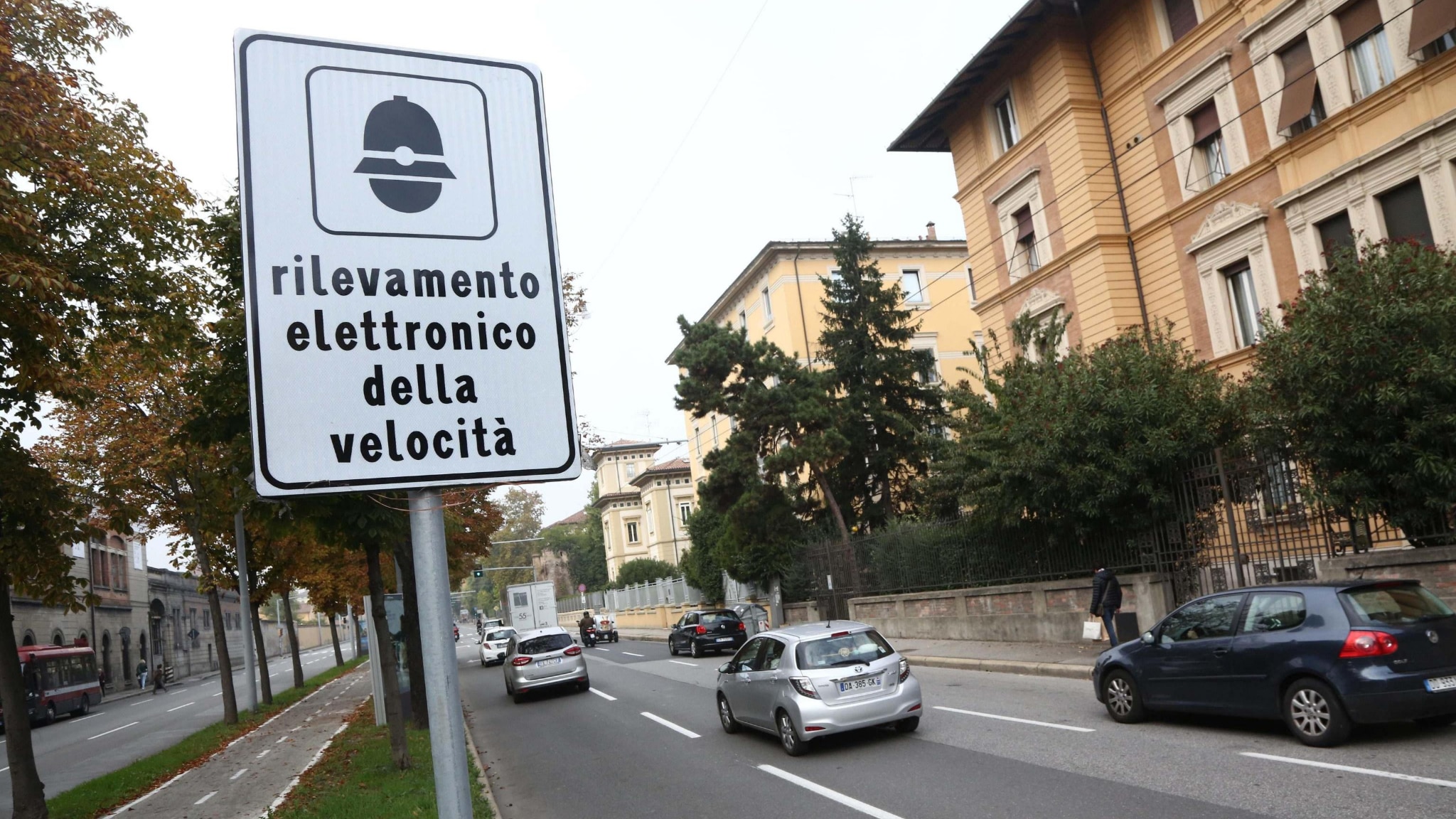Bad news for motorists: speeding fines will have to be paid even if the equipment that detected the violation is rented by municipalities from private parties.
In fact, it will not be possible to ask for the cancellation of the sanctions.
To sanction it is a sentence of the Supreme Court, explaining that `` Article 208 of the Highway Code, providing that a share of the proceeds of the administrative pecuniary sanctions for violations provided for by this code are devolved to public bodies, including territorial ones, when the violations are ascertained by the staff in force at these bodies, does not collide with the rental of speed detection equipment to private parties ''.
The case
A woman who was fined by a speed camera in the municipality of Arborea (Oristano), complaining that "the devices were not managed directly by the traffic police, but by employees of a private company, jointly interested in the proceeds of the sanctions".
With the sentence filed today by the Second Civil Section, the supreme judges have, however, rejected the driver's appeal against the fine ascertained by the urban police service of the Municipality of Arborea based on what was detected in June 2008 by the Traffiphot speed camera approved in 2004. In her complaint to the Supreme Court, the woman argued that "although Law 168 of 2002 allows
for the remote detection of speed limit violations
, however this
is permissible as long as the devices are operated under the direct control of the supervisory body. traffic police
".
The violation - underlined the fined motorist - "had not been ascertained by the agents of the Municipal Police, but by employees of a private company, jointly interested in the proceeds of the sanctions" as "paid with a variable consideration of 29.10% connected".
But the judges decided to confirm the validity of the fine, as previously established by the Court of Oristano in 2018, while in the first instance the Justice of the Peace of Terralba had canceled the report.
For the Supreme Court, "the remuneration of the service in relation to the proceeds of administrative sanctions is not relevant since the violations must be ascertained by the Municipal Police, nor is there any profile of invalidity of the report connected to the restriction of destination of the proceeds, for at least the half. for particular public purposes "as provided for by art.
208 of the Highway Code.
"The problem, if anything, concerns the validity of the constitution of the relationship between the local authority and the private sector, but it has no impact on the ascertainment of the factual conditions of the assessment carried out through rental devices".
Handle
Speed Cameras

